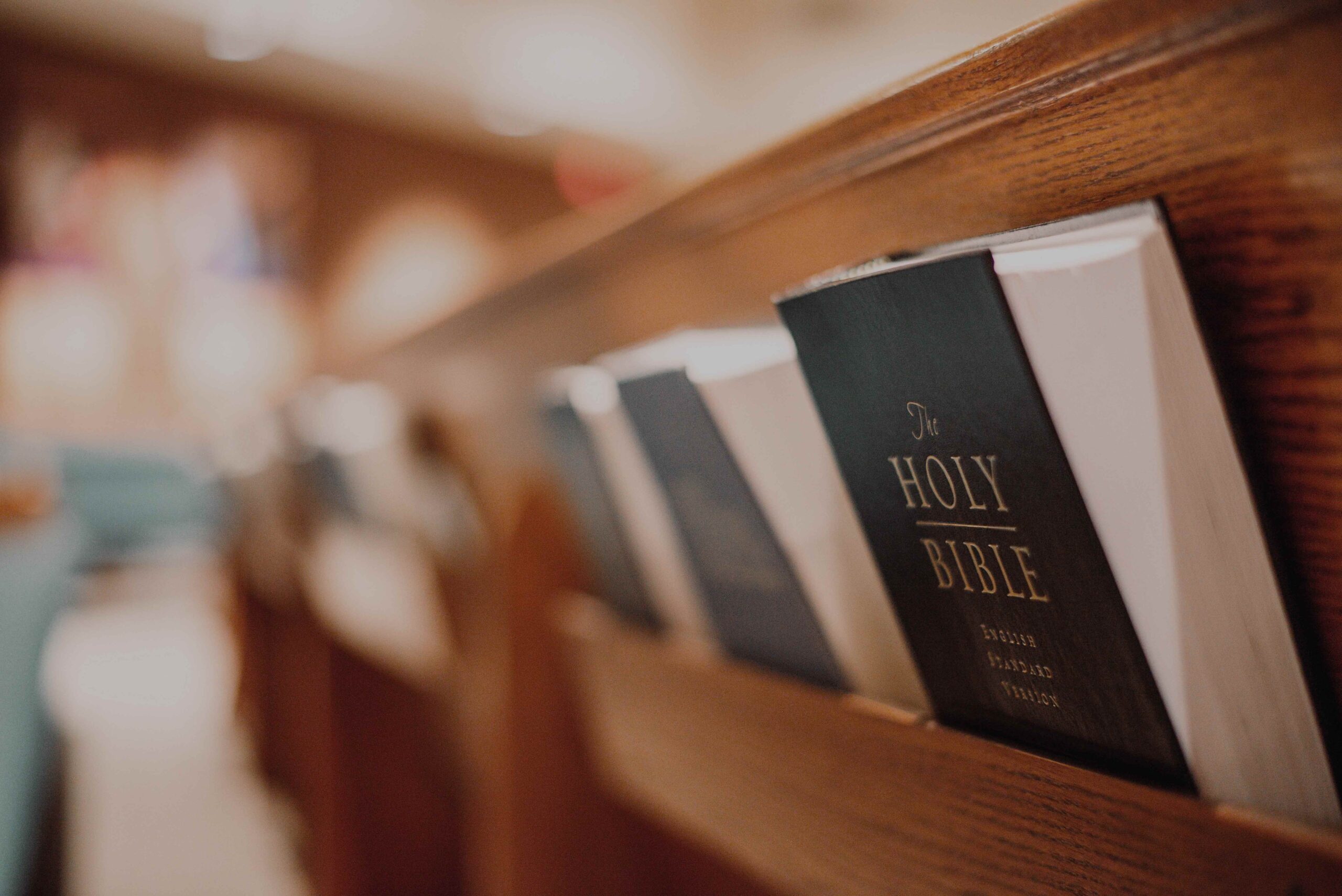MEGAN HILL | GUEST
The old men of Ezra’s day may have had aging bodies, but their minds were sharp and their hearts still sought the Lord. They could remember Solomon’s temple (1 Kings 6:1–8:11) like they had walked through it yesterday. Walls lined with cedar, floors covered in cypress, everything overlayed in gold. Carvings of cherubim and gourds and lions and palm trees and flowers.
And, most precious of all, the ark of the Lord that had gone with God’s people since their exodus from Egypt. Everyone who remembered it agreed it was a magnificent temple, filled with the Lord’s presence.
But that temple was gone—destroyed by the Babylonians decades ago—and in its place was the bare foundation of a new temple. The old men could already tell this temple wouldn’t compare with the one they remembered from childhood. God’s people no longer had Solomon’s wealth or his workforce. They labored under threats from their enemies. And, worst of all, they no longer had the ark.
As the old men looked at the fresh foundation, they could only cry: “But many of the priests and Levites and heads of fathers’ houses, old men who had seen the first house, wept with a loud voice when they saw the foundations of this house being laid.” (Ezra 3:12)
When the church you have isn’t the same as the church you remember, it hurts.
Uncomfortable Changes
Maybe you, too, have experienced uncomfortable changes in the place where you worship. Perhaps a pastoral transition or dwindling membership has left you longing for past days when your church was thriving and even unbelievers in the community could see how well it was doing.
Or maybe your church has changed its practice—using different music in worship, abandoning its women’s ministry, or closing the doors on a long-standing community outreach.
Maybe programs you’ve invested in for years have ceased to exist because no one is interested in continuing them.
Once upon a time, you fell in love with your church, but it just doesn’t feel the same anymore.
The Only One Weeping
It might even feel like you are the only one who mourns the change. The old men of Ezra’s day wept, but others “shouted aloud for joy” (v. 12) and “the people could not distinguish the sound of the joyful shout from the sound of the people’s weeping, for the people shouted with a great shout” (v. 13).
Your sorrow over what has been lost may not be acknowledged in your congregation. Maybe others don’t remember the past, or maybe they don’t care. Your heart is broken, but nobody hears the sound of your weeping.
The Lord Hears
The verses of Ezra 3 assure us that the Lord knows the hurt when our labors in the church seem to come to nothing and when the church we remember is not the church we have today.
The second temple was a sign of the Lord’s continued faithfulness to his people, but he doesn’t tell its story without acknowledging the old men’s grief. And even when the Israelites couldn’t distinguish the sound of weeping, the Lord recorded it in his book.
Let the story of these old men comfort you that God does not ignore hurt in the church. In fact, he wrote their sorrows in his Word. The crying elders can also remind you that you are not alone when church is hard. The difficult things that are happening to you today have happened to God’s people before you, and just as God was faithful to them, he will be faithful to you.
Dear weeping Christian, seek comfort from the Lord: “You have kept count of my tossings; put my tears in your bottle. Are they not in your book?” (Ps. 56:8).
Editor’s Note: This article is adapted from Sighing on Sunday: 40 Meditations for When Church Hurts by Megan Hill (P&R, 2024).
Photo by Mitchell Leach on Unsplash

Megan Hill
Megan Hill is a PCA pastor’s wife and pastor’s daughter. She is the author of several books, most recently, Sighing on Sunday: 40 Meditations for When Church Hurts (P&R, May 2024). She also serves as the managing editor for The Gospel Coalition. She lives with her husband and four children in Massachusetts where they belong to West Springfield Covenant Community Church.

